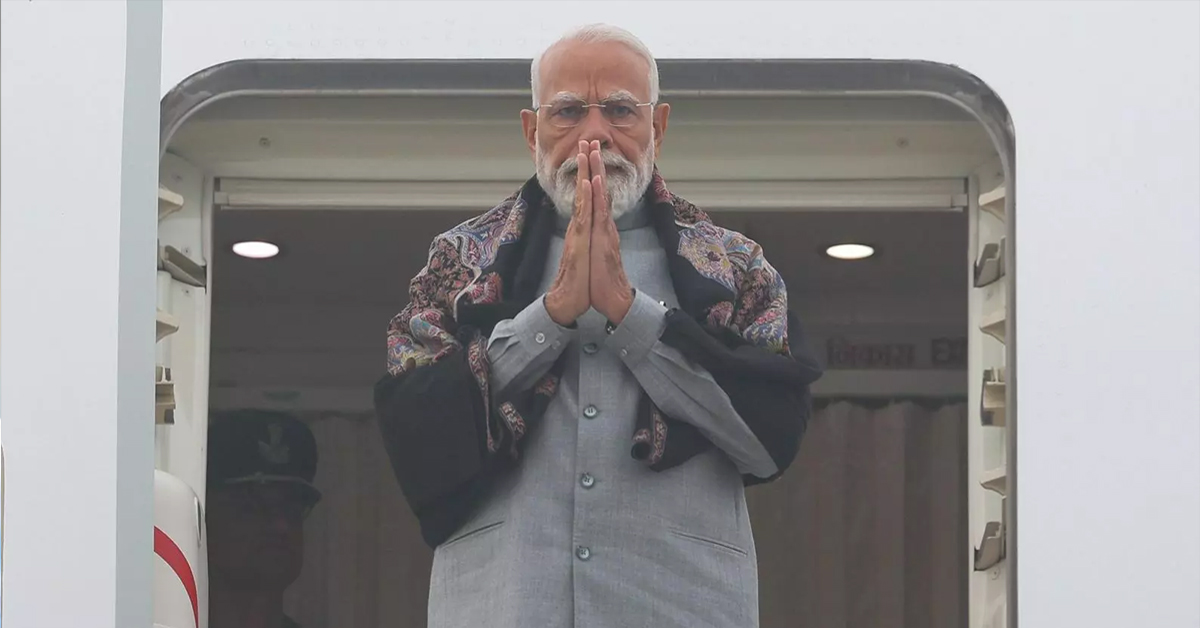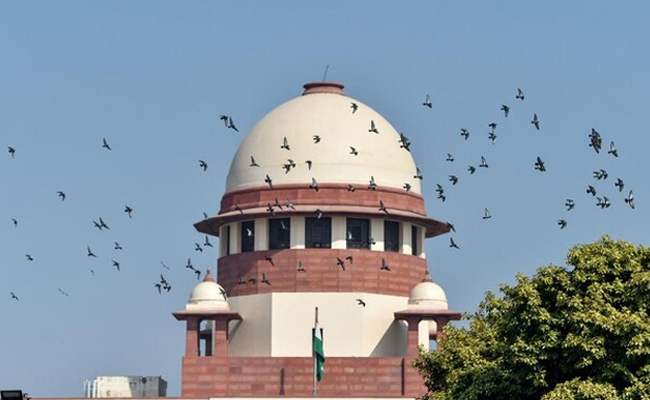Bengaluru, Jul 24: Karnataka BJP on Wednesday announced that it would stage "day-and-night" dharna in both Legislative Assembly and Council over not allowing discussion regarding the alleged fraudulent allotment of sites to land losers by Mysuru Urban Development Authority (MUDA), which involves plots given to Chief Minister Siddaramaiah's wife Parvathi.
The opposition was not allowed to discuss the issue in both the Houses today. The legislature session is slated to end on Friday.
"Congress has 136 MLAs. When we brought an adjournment motion regarding Rs 4,000 crore loot in MUDA scam, the government was scared and was running away (from discussion). They have passed key bills including the finance bill without discussion. This government is (of) cowards, they don't have the courage to respond to MUDA allegations in the House," Leader of Opposition in the Assembly, R Ashoka said.
While speaking to reporters here, he said, if the government had any "shame or self esteem," they should have said on the floor of the House that the Chief Minister Siddaramaiah had taken 14 sites in a legal manner, and so did his supporters.
ALSO READ: Greater Bengaluru Governance Bill tabled in Karnataka Assembly
"It is a Rs 4,000 crore scam. More than one lakh square feet of land that belonged to Dalits has been looted.....we wanted to raise this issue, we were not allowed...the Speaker's conduct in favour of the ruling party is condemnable....Condemning this conduct of the ruling party and the Speaker of suppressing the opposition voice, we are declaring day and night protest. All our MLAs and MLCs will protest day and night against this government," he added.
State BJP President and MLA B Y Vijayendra too said both in the Legislative Assembly and Council "we will do overnight protest to ensure that injustice is not done to Dalits, sites given to Chief Minister's family are taken back and also over 5,000 sites that were illegally allocated."
He accused the Chief Minister of running away from discussion on the MUDA scam by not giving an opportunity to discuss it. "If he had courage he should have told the Speaker to allow for discussion, the Speaker has been misused for not allowing the discussion and the opposition is being suppressed."
It is alleged that compensatory sites were allotted to Siddaramaiah's wife in an upmarket area in Mysuru, which had higher property value as compared to the location of her land which had been "acquired" by the MUDA.
The MUDA had allotted plots to Parvathi under a 50:50 ratio scheme in lieu of 3.16 acres of her land, where MUDA developed a residential layout.
The controversial scheme envisages allotting 50 per cent of developed land to the land loser in lieu of undeveloped land acquired for forming layouts.
Meanwhile, amidst the din in the Assembly with the opposition insisting on a discussion over the MUDA scam, four bills -- The finance bill proposing supplementary budget of Rs 8573.72 crore tabled by the Chief Minister, GST (Amendment) Bill, Irrigation (Amendment) Bill, and Municipality and Other Laws Bill -- were passed.
The amendment bills pertained to Medical Registration and Other Law, SC/ST/OBC Reservation of Appointment, Parks Preservation, land revenue and, ancient and historical monuments and archaeological sites and remains were tabled in the Assembly.
Sri Renuka Yellamma Temple Development Authority Bill was also tabled.
Let the Truth be known. If you read VB and like VB, please be a VB Supporter and Help us deliver the Truth to one and all.
New Delhi (PTI): Prime Minister Narendra Modi on Monday embarked on a visit to Jordan, Ethiopia and Oman -- countries which enjoy civilizational ties and exceptional bilateral relations with India.
"First, I will be visiting Jordan, on the invitation of His Majesty King Abdullah II ibn Al Hussein. This historic visit will mark 75 years of establishment of diplomatic relations between our two countries," the prime minister said in his departure statement.
Modi will hold detailed discussions with Jordanian King Abdullah II ibn Al Hussein, Prime Minister Jafar Hassan, and will also meet Crown Prince Al Hussein bin Abdullah.
In his first visit to Ethiopia, the prime minister will address the Joint Session of Parliament and share his thoughts on India's journey as the "Mother of Democracy" and the value that the India-Ethiopia partnership can bring to the Global South.
The prime minister will also hold discussions with Ethiopia's Prime Minister Abiy Ahmed Ali and meet the Indian diaspora.
"On the final leg of my journey, I will visit the Sultanate of Oman. My visit will mark 70 years of the establishment of diplomatic ties between India and Oman," Modi said.
In Muscat, the prime minister will hold discussions with the Sultan of Oman on strengthening the Strategic Partnership as well as a strong commercial and economic relationship.
"I will also address a gathering of the Indian diaspora in Oman, which has contributed immensely to the country's development and in enhancing our partnership," Modi said.





